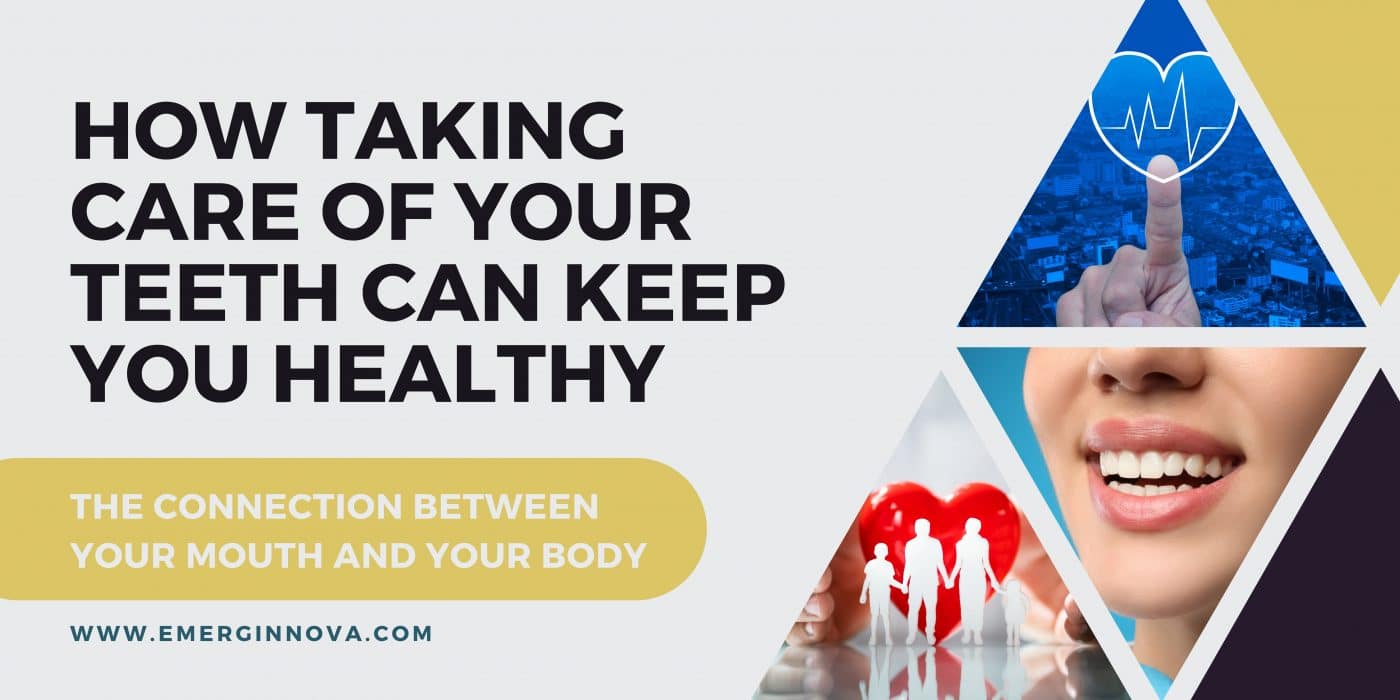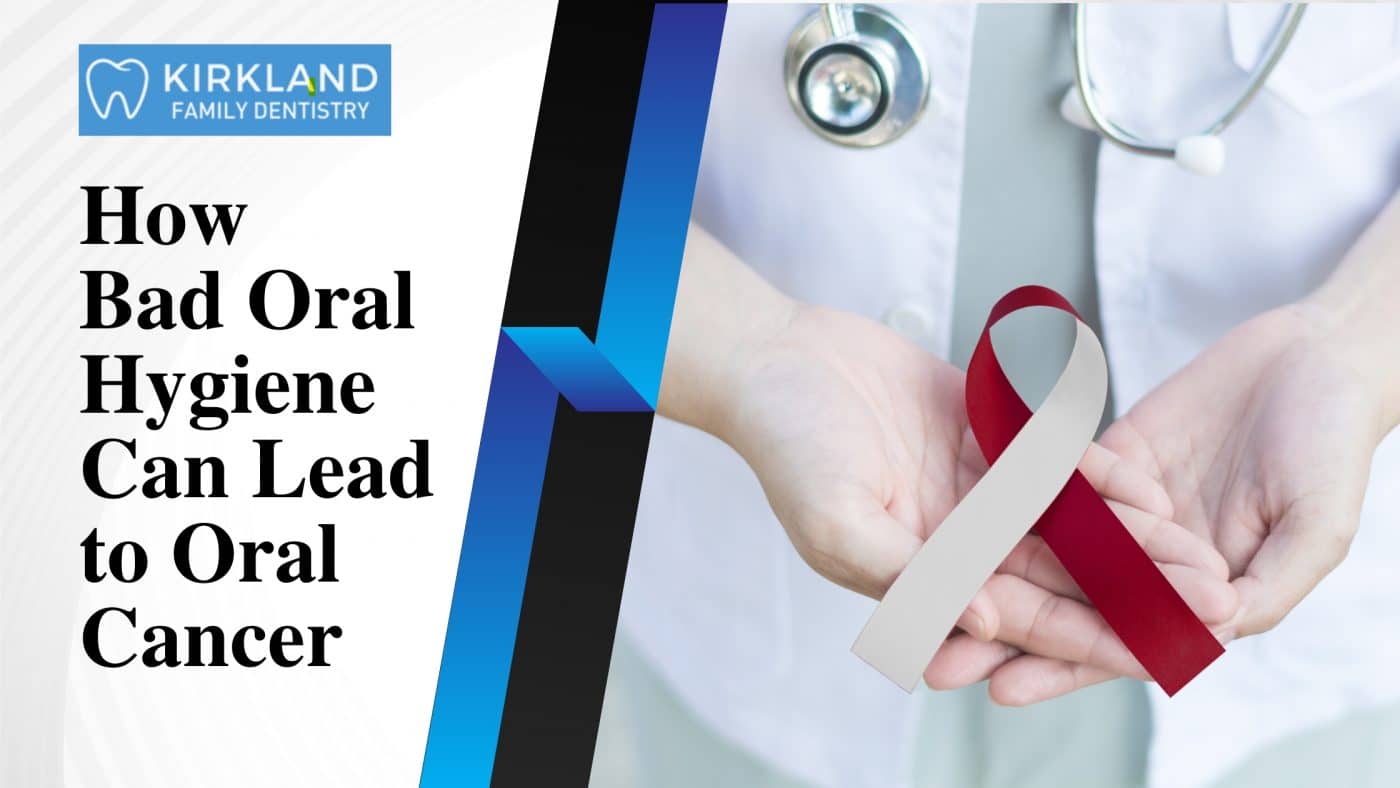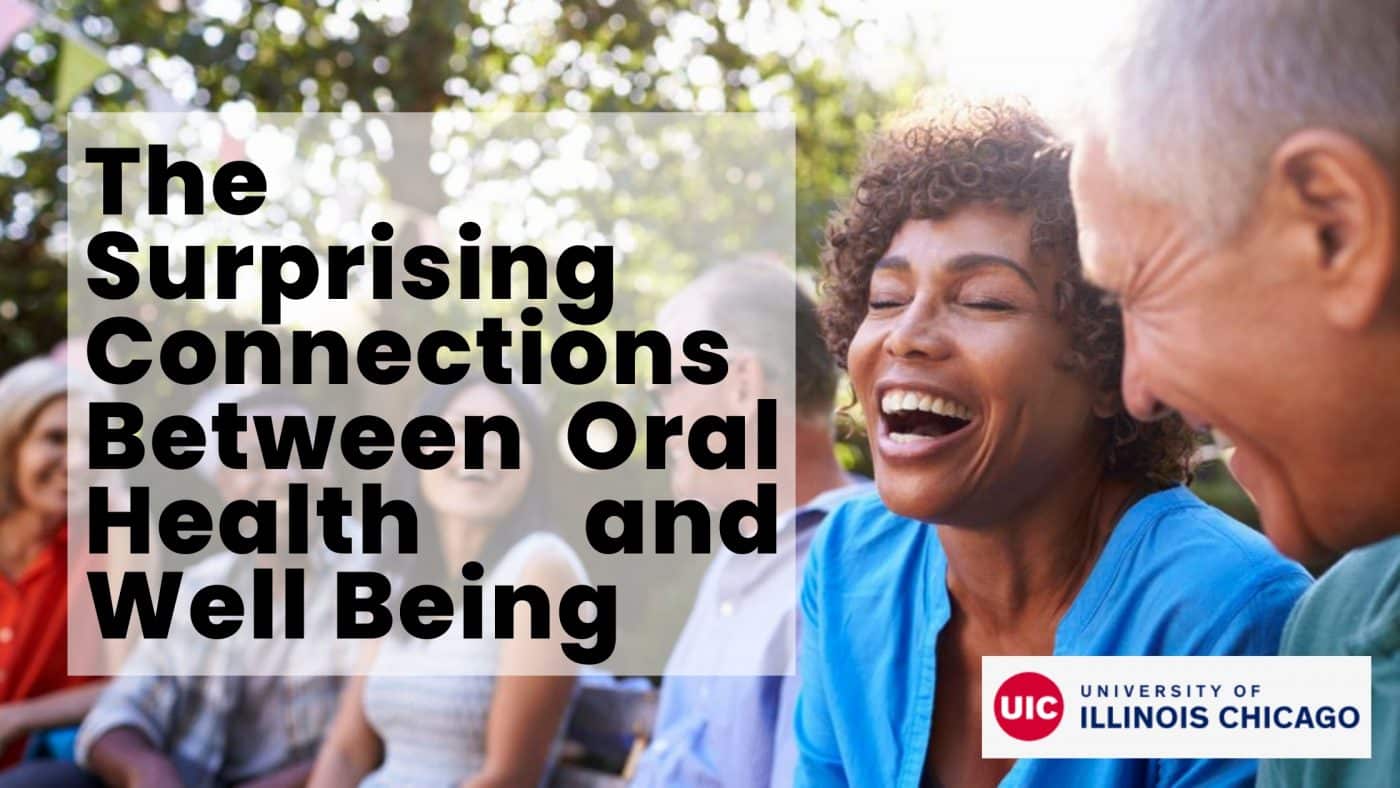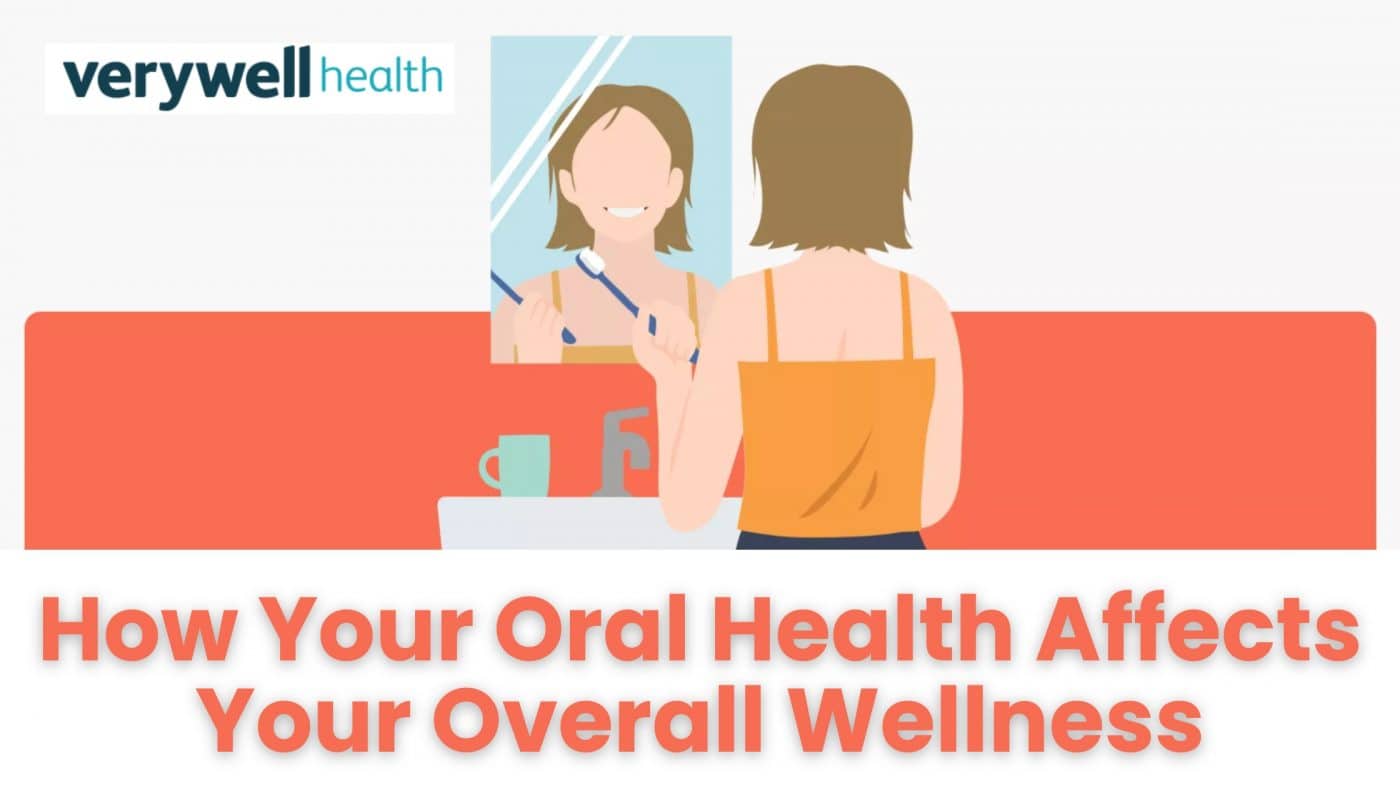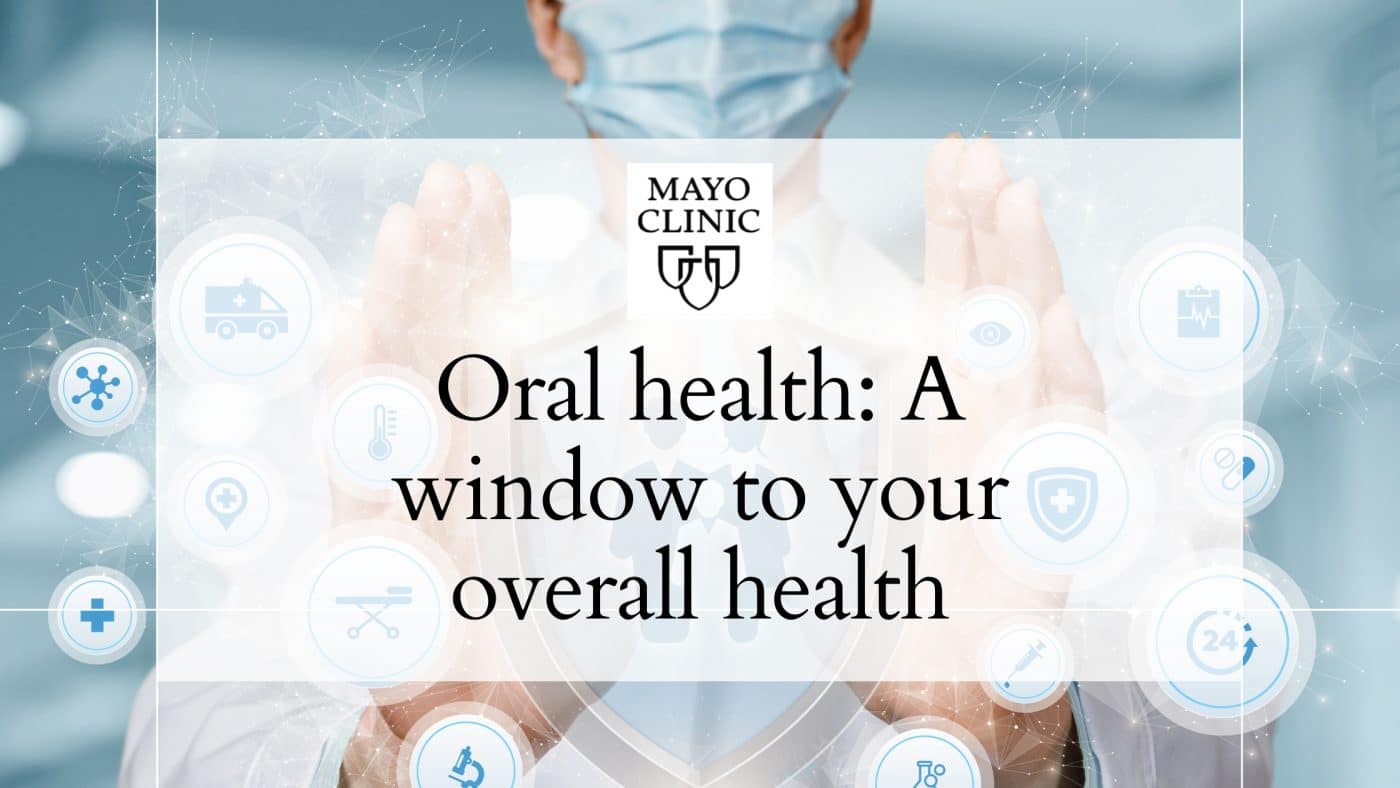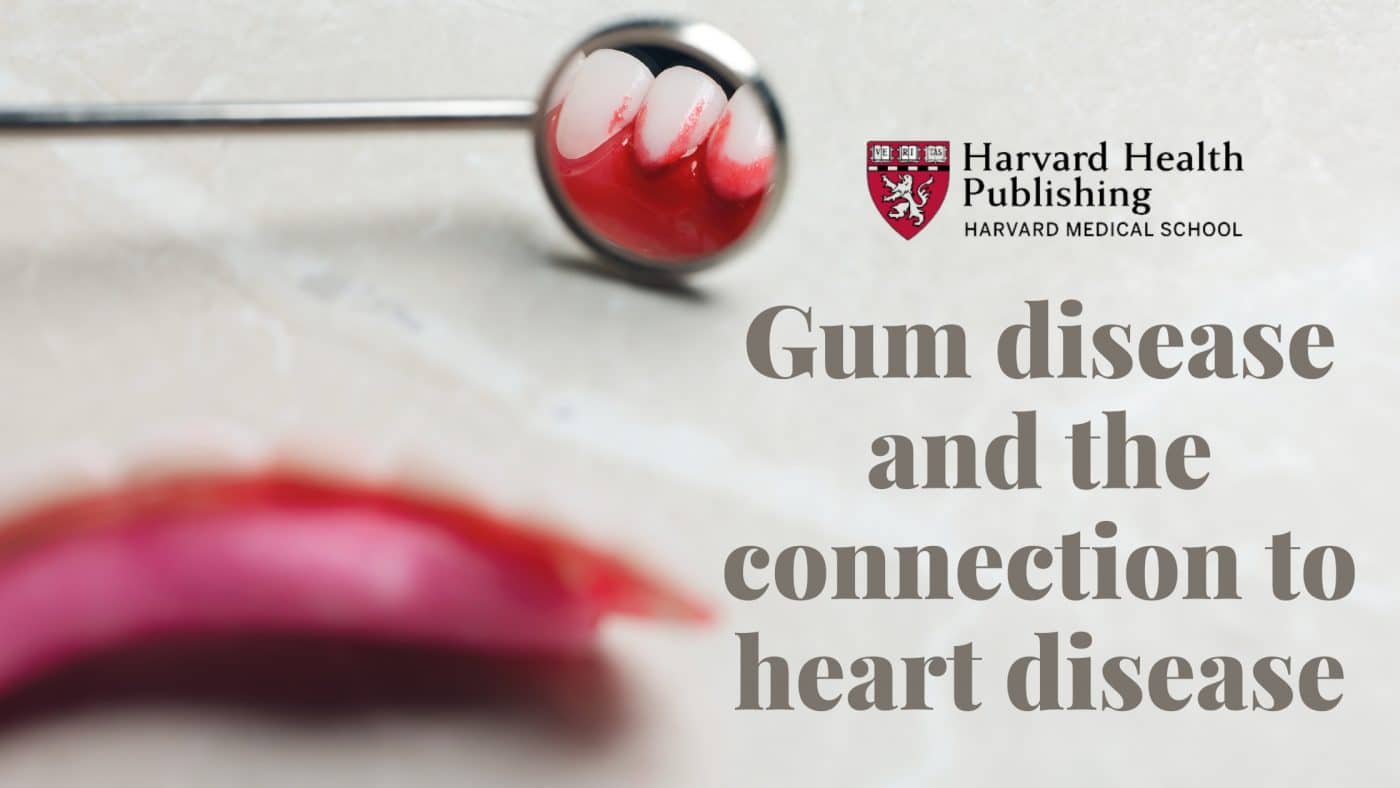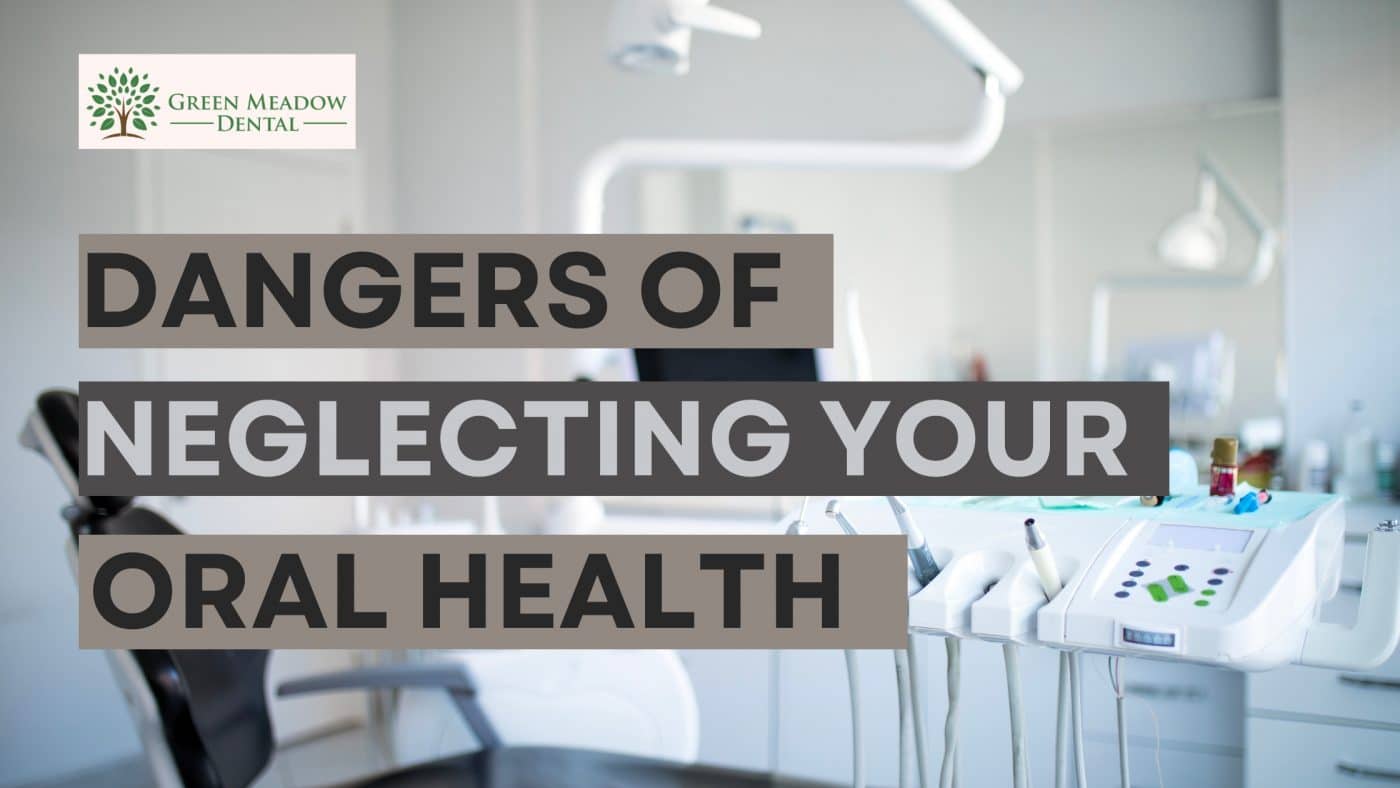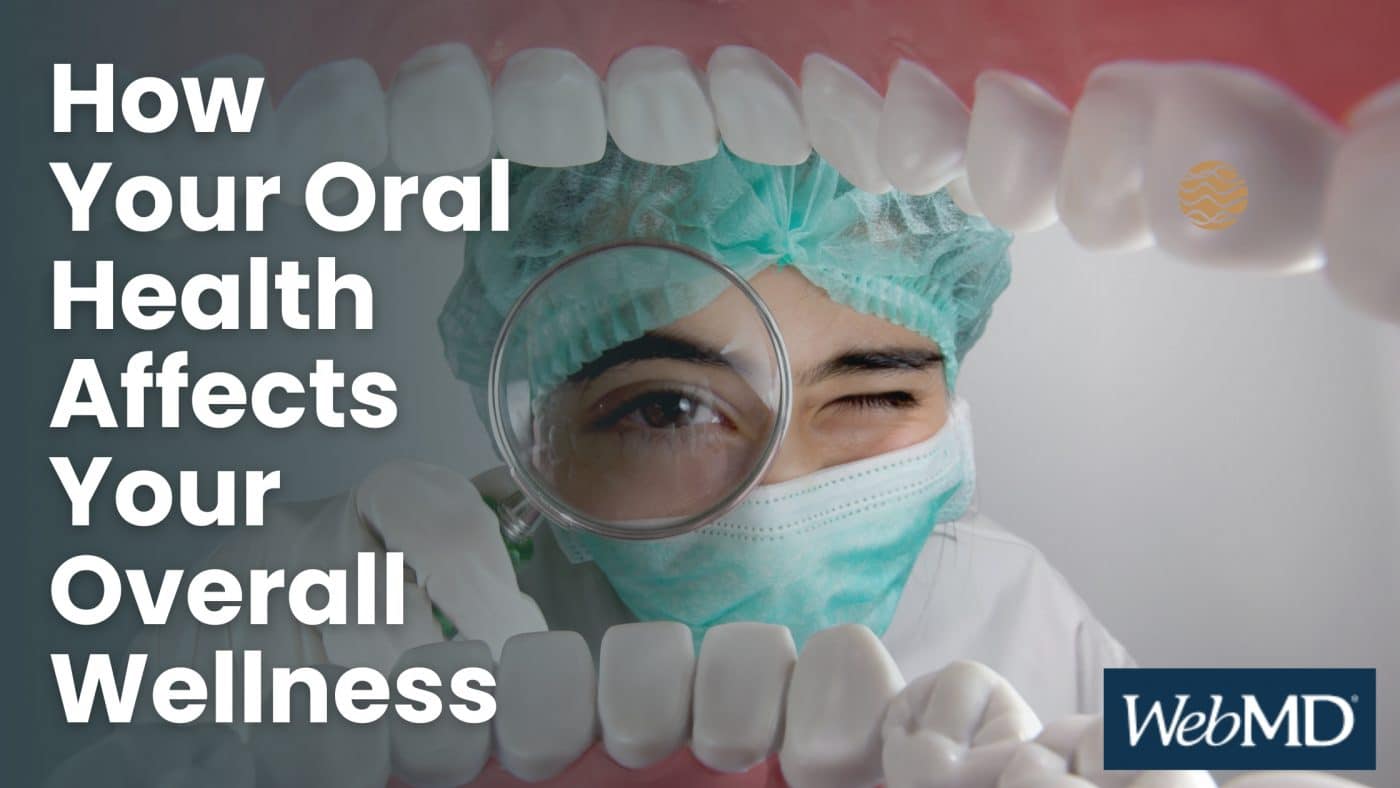Keeping your teeth healthy is not just about having a nice smile. It’s also important for your overall health. Recent studies have shown that there is a strong connection between the health of your teeth and the health of your whole body. In this blog, we’ll explore how taking care of your teeth can affect different parts of your body, from your heart to your lungs.
Gum disease has been associated with a range of health conditions, including diabetes, heart disease, dementia and more. Here’s what experts say you can do to manage the risk.
It’s been a while since you’ve been to your dentist for a check-up. Usually you’re good about taking care of your teeth. Lately with your kid’s busy schedules in school and sports, and your own demanding job, you’ve kind of slacked off about your own oral hygiene.
In fact your oral health—the health of your teeth and gums—has a major impact on overall health, medical costs, and quality of life. “The significance of the mouth as part of our health is often overlooked and underappreciated,” says Dr. Caswell Evans, Associate Dean for Prevention and Public Health Sciences, UIC College of Dentistry. “Our vision of ourselves, how we are seen by others, and even our employment are influenced by our oral appearance,” says Evans, who has written extensively on the burdens that poor oral health can place on public health.
Good oral hygiene doesn’t only make you more kissable—it also may make you more fertile. According to emerging research, dental health may impact how long it takes a woman to conceive. In men, gum disease and tooth decay have been linked to poor semen and sperm health. The possible connection between dental health and fertility applies to both men and women.
The benefits of good dental hygiene go beyond bright smiles. Making sure you’re brushing properly, flossing daily, and keeping up with dental appointments preserves your overall health.
Dental problems such as gum disease and tooth decay can contribute to a number of health conditions, including heart disease and pneumonia.
This article provides a quick overview of the conditions associated with poor oral health, those that can make your dental health worse, as well as what you can do to maintain your smile.
Did you know that your oral health offers clues about your overall health — or that problems in your mouth can affect the rest of your body? Protect yourself by learning more about the connection between your oral health and overall health.
The bacteria that infect the gums and cause gingivitis and periodontitis also travel to blood vessels elsewhere in the body where they cause blood vessel inflammation and damage; tiny blood clots, heart attack and stroke may follow. Supporting this idea is the finding of remnants of oral bacteria within atherosclerotic blood vessels far from the mouth. Then again, antibiotic treatment has not proven effective at reducing cardiovascular risk.
Poor oral hygiene affects your mouth adversely. It causes bad breath, gum disease, decay, abscesses of a tooth, infections in the mouth and eventually tooth loss. But little do we know that neglecting oral hygiene can lead to serious health complications.
Brushing, flossing, and regular visits to the dentist can protect you from far more than cavities.

